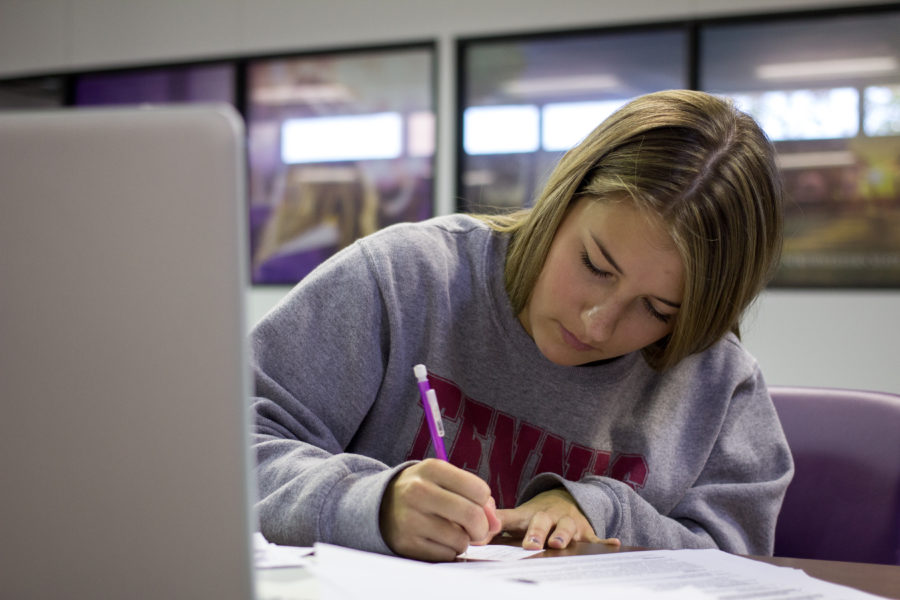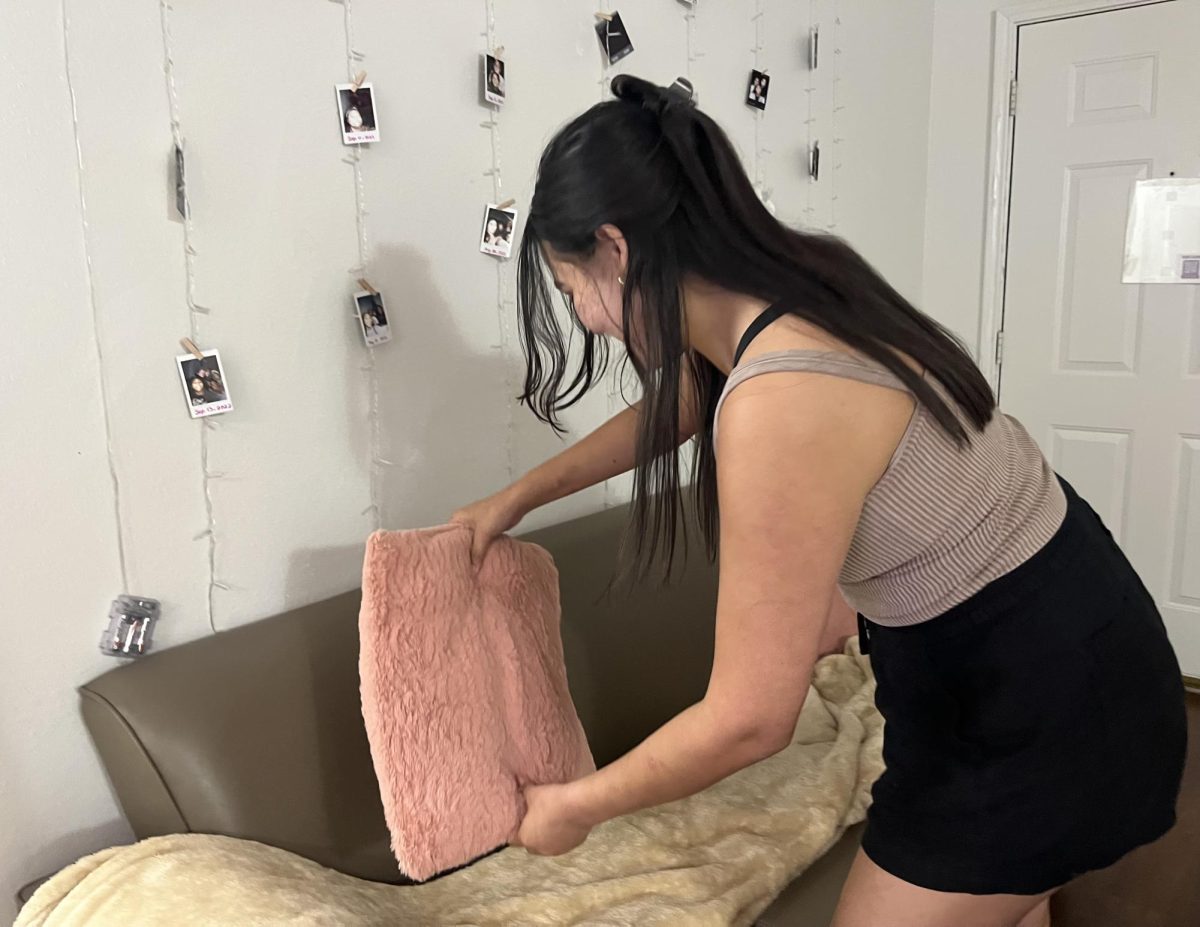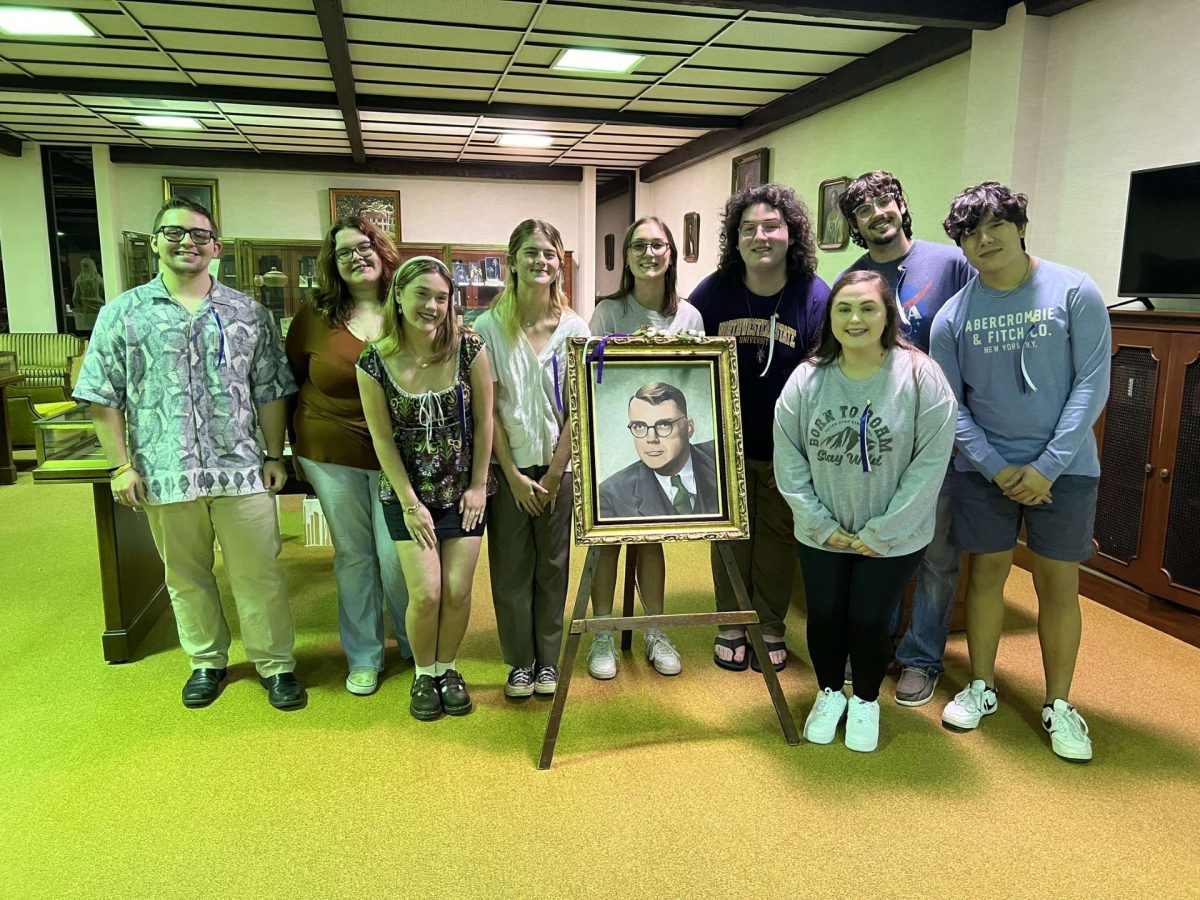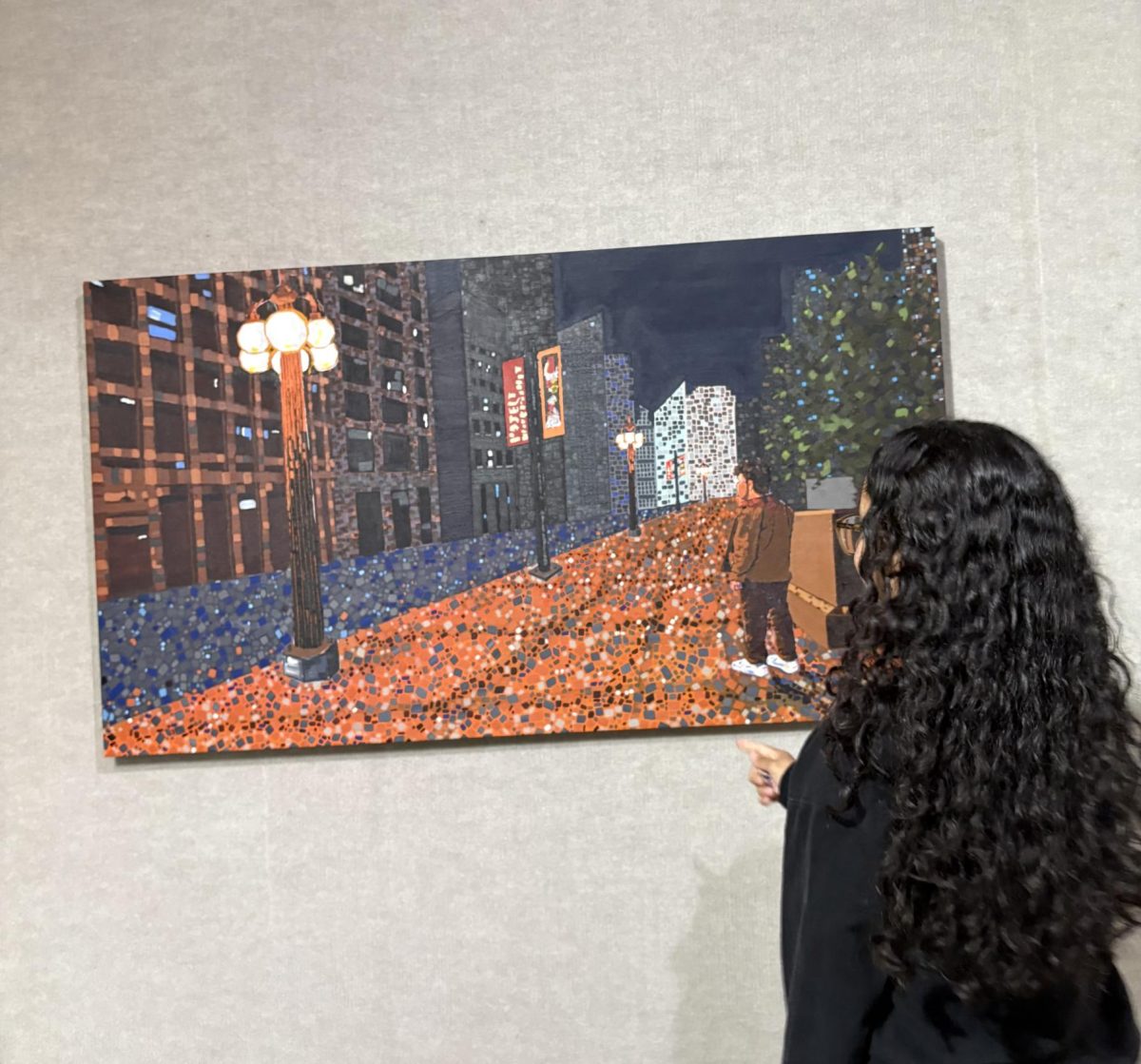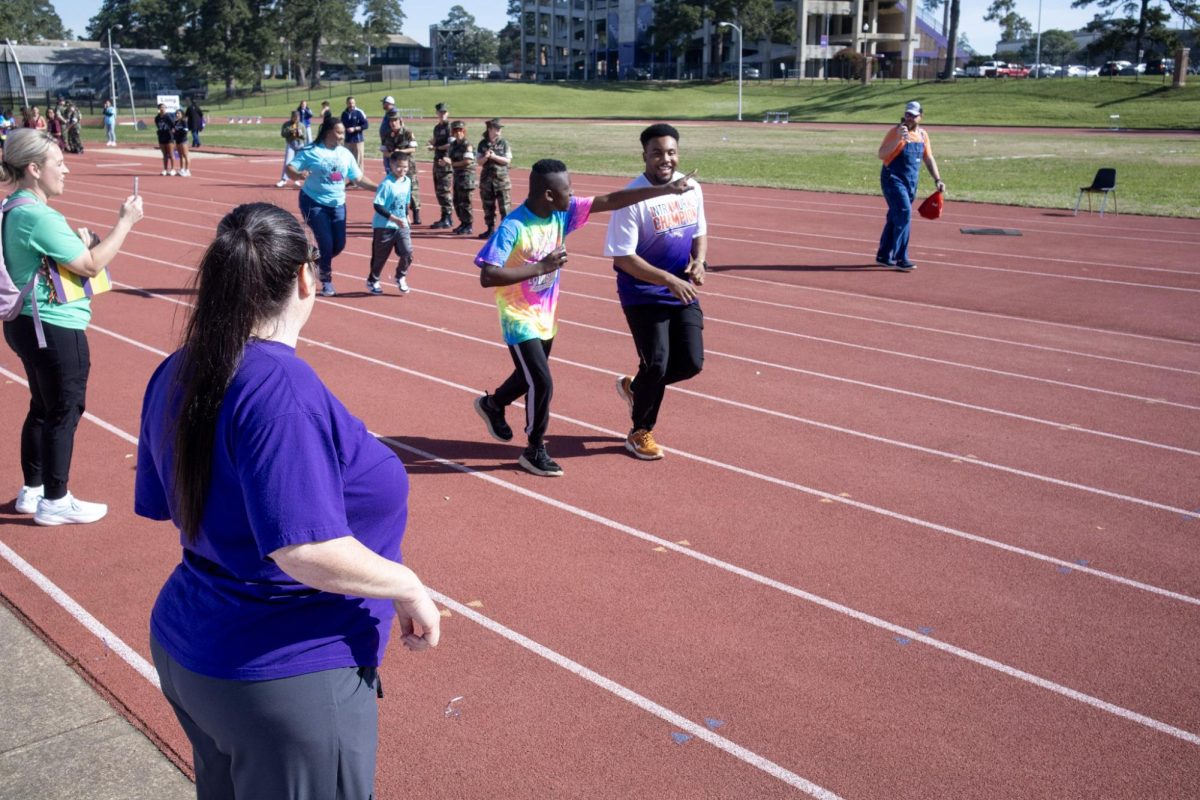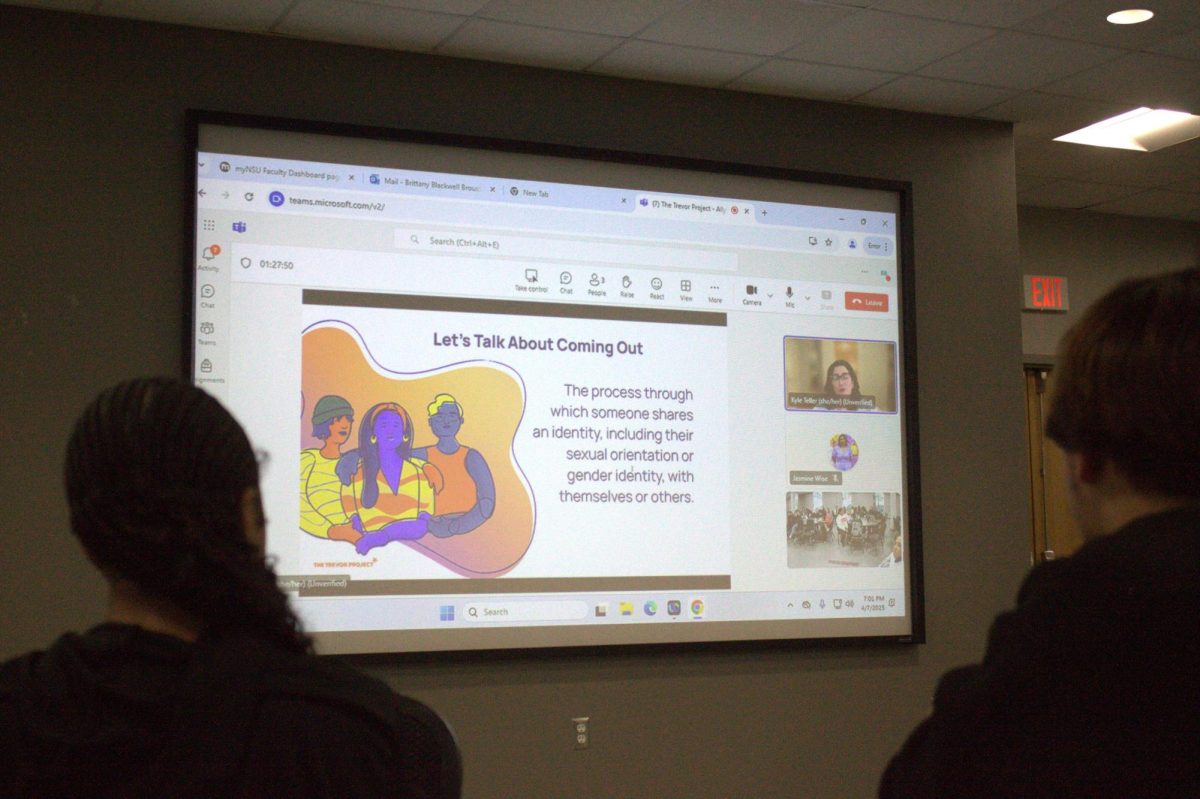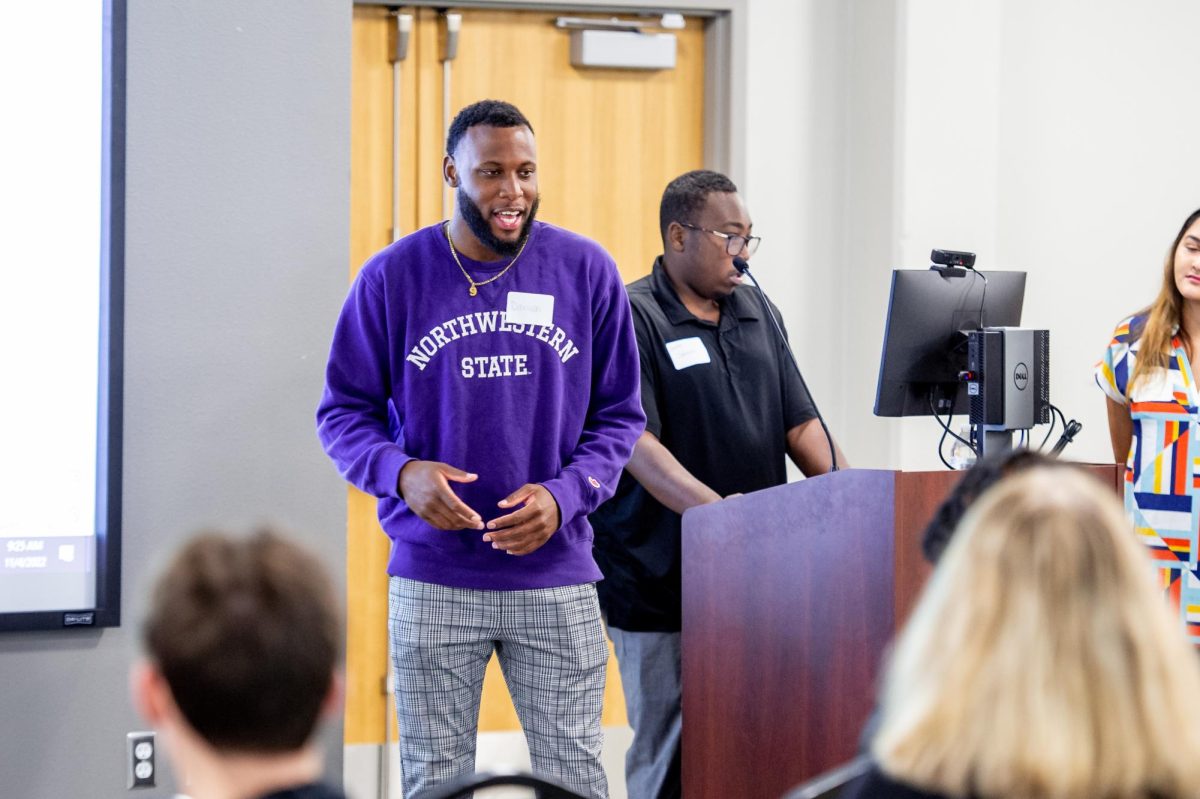Brianna Corley
Copy Editor
With students new and old returning to a campus filled with unknowns and terrifying possibilities, the mental health of not only Northwestern State University’s students but many other returning college students hangs in the balance. Despite navigating a chaotic and historic time, life continues moving forward no matter the challenges
“We explored the short-term impacts of the COVID-19 pandemic in college students,” Dr. Billie Myer, an assistant psychology professor said. “We found that during the transition in March due to ‘stay at home’ orders, college students tended to experience higher levels of generalized anxiety, but they also exhibited increased levels of resilience.”
Myer has been working with a seven-person team from the Gallaspie College of Education and Human Development at NSU.
The recently established team, also composed of Dr. Erik Braun, Dr. Keicia Hawkins, Dr. Michelle Morris, Dr. Terrie Poehl, and Dr. Michael Moulton, has been researching the effects of COVID-19 on college students and higher education.
Myers explained their findings suggested that college students possess strengths that helped them significantly with overcoming challenges specific to the pandemic.
“I do think that higher incidents of PTSD may in fact become apparent in this generation.
Myers said. “Although, we may also see higher levels of resilience as this generation works together as a whole to slow and prevent the spread of COVID-19.”
Myers noted that the effects of quarantine include the possibility of social anxiety after the “stay at home” orders were lifted due to many feeling a sense of security at home.
“People’s cognitions, however, likely played a large part in how they coped with or will cope with quarantine,” Myers said. “For instance, believing one is helping others by slowing the spread of COVID-19 likely may enhance resilience in the midst of being in quarantine due to exposure to COVID-19.”
Lara Schales, a senior education major, agrees with Myer’s hypothesis on the resilience of the current generation of students.
“The pandemic will impact not just me but the entirety of my generation in a positive way,” Schales said. “We will be more educated on the topic and we will have a different outlook on things in the future.”
Schales has utilized mental health services before and during the ongoing COVID-19 pandemic and has noticed an increase in students attending counseling services.
She urges all students not to be intimidated by the counseling center and to reach out to friends who attend counseling services if they have questions.
“I feel like NSU is doing a great job supporting their student body in this unprecedented time,” Schales said. “I think that they definitely care about their students and their mental health especially now more than ever.”
Lisa Jackson, counseling and career services, has witnessed an increase in students seeking mental health services beginning in the summer semester.
The mental health center had already extended services to teletherapy in March to serve students who would not have been capable of accessing counseling otherwise.
“In a new environment, such as a college campus, even the most independent people can experience separation anxiety,” Jackson said. “In spite of that, students usually look forward to the experiences for growth that living on a college campus provides.”
Jackson stated college life for new students is very different than they envisioned. With major adjustments taking place to manage online and hypflex classes as well as new students not interacting with others and forming connections out of fear of the virus.
“During the COVID-19 pandemic, students are not able to participate in the usual rituals and social events that have historically allowed them to meet people and build a social support system on campus,” Jackson said.
Returning students are also under mental strain.
Jackson explained that students can feel as if they have lost their social support system and that the level of uncertainty about the future is a strain on mental health as it makes them feel that they have lost control.
“Studies have shown that college students experience higher rates of anxiety and depression compared to the general population,” Jackson said. “These issues are anxiety provoking and can make our students more vulnerable to developing mental health issues.
Jackson offered mental health tips for the benefit of all students.
Understand that it is okay to feel the way you feel.
We are going through tough times that we could not have been prepared for. We are still facing many unknowns. It is natural to feel anger, frustration, anxiety, or sadness.
Don’t be afraid or embarrassed to reach out.
Ask for help when things become overwhelming. Self-care is especially important in times such as this.
Take time to recharge.
Use deep breathing exercises, mindfulness exercises, and take play breaks. Try to stay active using at home exercises or outdoor walking or running. There are many online videos and phone apps that are providing free at home exercise routines. Remember, just because we are required to distance ourselves physically, we can still stay connected.
We have virtual platforms that can be utilized to help us stay connected.
For example, Cisco WebEx, Microsoft Teams, and Zoom Video Communications can be used for virtual activities such as a virtual dinner party, or a group binge watch of your favorite TV shows or movies.
Jackson urges students to take advantage of the counseling center’s resources. Follow @NSULACounselingCenter for Mindfulness Mondays where each Monday a mindfulness exercise is presented by one of the counselors and tarting September 9, each Wednesday will be Wellness Wednesday and posts about wellness tips and techniques will be made.
The counseling center provides TeleTalk Tuesday every Tuesday at 7:00 p.m. via Zoom. Facilitated in a drop-in format, no pre-registration is required. While this is not a substitute for counseling and does not constitute mental health treatment it will provide a place for students to gather and form a community.
The room link and passcode are: https://us02web.zoom.us/j/7625597067 and passcode: 989331.
Beginning Sept. 24, the Counseling Center will also launch a virtual recovery group to support students living in recovery.





















